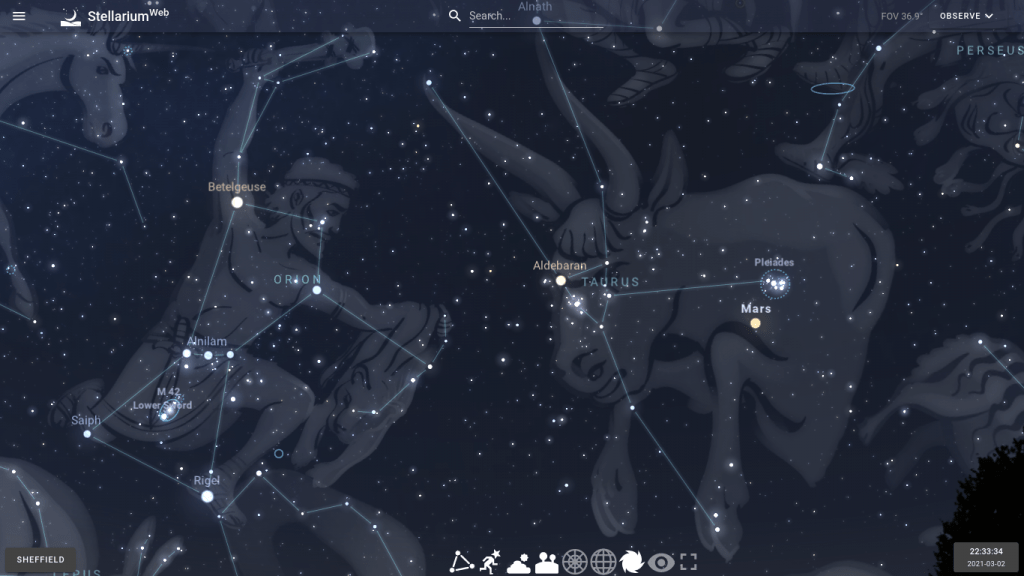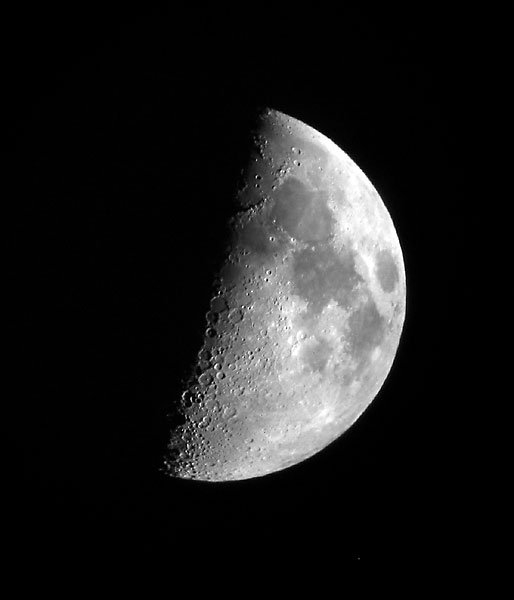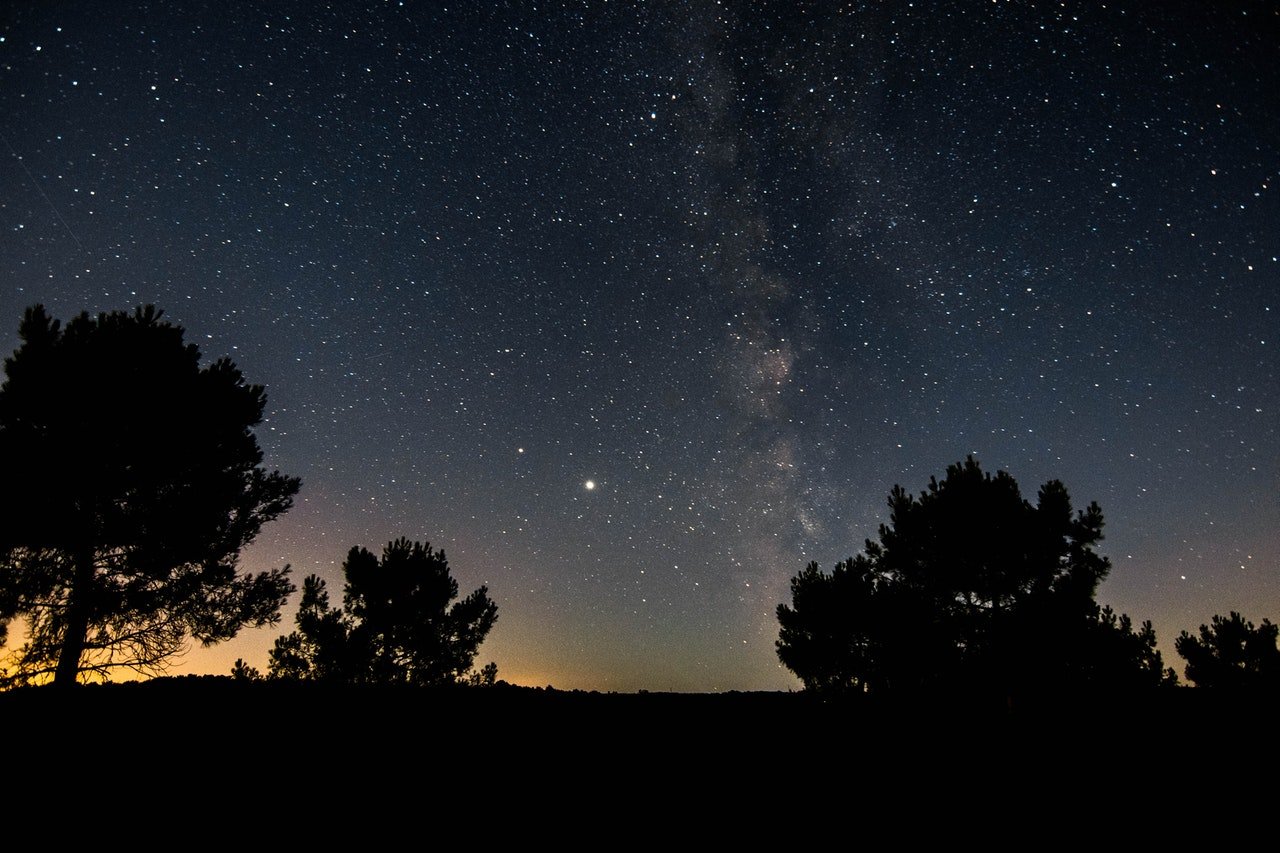Can you feel it? Spring is in the air! The days are getting longer, the air is getting warmer and those crocus flowers look oh-so-beautiful! Let’s make the most of the mild weather and…go stargazing! Here are some astro-dates (along with fun questions) for your March 2021 calendar.
3 March (Wednesday): Mars near Pleiades
Planet Mars can be seen near Pleiades, the famous open star cluster in the constellation of Taurus the Bull, all first week of March. But the closest approach will take place on March the 3rd. Look towards the West after the sunset to find the two close by.

The sky on March 2nd as seen from Sheffield, UK. Image from https://stellarium-web.org/
❓ How many stars can you see in Pleiades with a naked eye? (Answer: Even though it is called ‘Seven Sisters’, most people see only 5 stars when they first look at Pleiades. If you observe from a dark location and give your eyes time to adjust, you will easily find the mission 2 of the seven stars… and even spot 7 additional members of the cluster. Some people claim to see 20 stars in Pleiades! Now, that’s a superpower!)
6 March (Saturday): Last Quarter Moon and Mercury at Greatest Elongation
Mercury will be tricky to see in the sky in March 2021, but if you are determined to find the smallest planet, March the 6th is your day. This is when Mercury will reach its maximum separation from the Sun, known as greatest elongation. To see the planet, you will need to rise bright and early, about an hour before your local sunrise time. Please take extra care as the sunset approaches. You should not look directly at the Sun with your eyes or through any optical instruments (unless equipped with solar filters)!
13 March (Saturday): New Moon
The dark moonless night of the New Moon is perfect for stray meteor spotting and deep-sky-gazing. If you own a pair of binoculars, it’s time to use them!
❓ When CAN you see a New Moon? (Answer: during a solar eclipse)
20 March (Saturday): March Equinox
March equinox is called Vernal or Spring Equinox in the Northern Hemisphere, because it marks the start of the Spring! Contrary to what many people think, equinox is a moment in time, not the whole day! In March 2021 it will occur at 9:37 AM GMT. Traditionally, hundreds of people travel to Stonehenge on the March equinox day to celebrate the arrival of the Spring. Unfortunately, due to the pandemic, English Heritage has closed Stonehenge till May 1st. People are asked not to come to the historic site.
❓ What will the Southern Hemisphere observers celebrate on March 20th? (Answer: the autumnal equinox and the start of the Autumn!)
21 March (Sunday): First Quarter Moon

Image: Daniel Hershman from Federal Way, US, CC BY 2.0 via Wikimedia
28 March (Sunday) Full Moon
❓The Full Moon looks very bright. But do you know how reflective the lunar surface actually is? (Answer: the Moon’s ‘bond albedo’, i.e. how much of the incoming light is being reflected off the surface, is similar to that of a worn-out asphalt.)
28 March (Sunday): British Summer Time begins
At 1 AM on March 28th the daylight savings time will begin in the UK and the clocks will go forward 1 hour. Starting from that moment and until October 25th the UK will be on British Summer Time, or BST, so if you are attending any virtual conferences or meetings, plan accordingly!
❓ When did the practice of adjusting the clocks first begin in the UK? (Answer: British Summer Time was first introduced in May 1916 as a result of “the waste of daylight” campaign of William Willett of Kent.)
In a nutshell…
- Planets Mercury (morning sky) and Venus (evening sky) will be extremely difficult to see in March 2021. Jupiter, Saturn (both in the morning sky) will not be easy to find either, but the visibility will improve towards the end of the month. Mars (evening sky) will be easy to find all month long.
- The famous ‘winter’ constellations, Orion the Hunter and Taurus the Bull, still dominate the skies so look out for them if you haven’t done so already. The Spring constellation Leo the Lion will become visible around the Spring equinox.
- Don’t forget to celebrate the start of the astronomical Spring on the 20th and set your clocks 1 hour forward on the 28th.
Happy stargazing!
If you want to learn more about the night sky, visit one of our public planetarium sessions or book our portable Star Dome for you special event. For more details on Prices and Booking go to http://wonderdome.co.uk.

